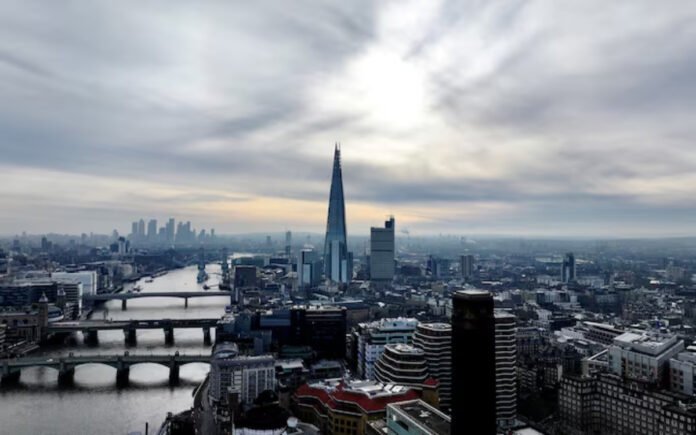London: London’s Canary Wharf financial district is seeking to transform large portions of its vacant office space into alternative uses, including hotels, as demand for its expansive office towers continues to wane. Executives at the landlord have indicated that this initiative comes in response to the shifting landscape of commercial real estate, exacerbated by high borrowing costs and the rise of remote work in the post-pandemic era.
Canary Wharf has emerged as a case study for reimagining struggling business districts, akin to Paris’s La Defense and various U.S. urban centers, all of which have faced significant challenges. In light of these difficulties, the district plans to rejuvenate the area by increasing green spaces, renovating outdated buildings, and repurposing them into hotels, leisure venues, retail spaces, academic institutions, and cultural hubs.
However, overhauling these office spaces will require substantial investment, with renovation costs potentially reaching hundreds of millions of pounds. The Canary Wharf Group (CWG), which oversees the area, has encountered financial difficulties; in April, it reported a 15% drop in property values over the past year due to declining office demand. Last month, Fitch Ratings downgraded its credit rating further into junk territory.
“There are certainly opportunities for us to introduce uses which are under-supplied,” said John Mulqueen, chief investment officer at CWG, who emphasized that hotels are a compelling option for the surplus of vacant spaces. The CWG, backed by Canadian investor Brookfield and Qatar Investment Authority, is evaluating over 30 proposals from hotel operators, and it has garnered support from existing office tenants, including JP Morgan and Barclays.
“They don’t want to send (staff) off to the West End and pay 300 pounds a night,” Mulqueen noted, referring to the central London district. “They’d rather keep them here.” He added that CWG would be discerning in its selection of hotel proposals.
Also Read | India Rejects Japan’s Asian NATO Vision, Stresses Unique Strategic Approach
By early 2025, Canary Wharf is projected to offer over 1,000 hotel or short-term rental apartment rooms, including at the ‘Tribe’ hotel, which opened two years ago. A boutique hotel with 74 beds is nearing finalization, expected to open by late 2025.
Skepticism remains regarding the viability of hotel conversions, as many visitors to London, particularly for business, typically prefer accommodations in the city center, according to one unnamed senior London-based commercial real estate agent.
In July, CWG revealed plans to redevelop one of its tallest office buildings, a 45-story tower vacated by HSBC, into a multi-use space, potentially including a hotel. Further repurposing of additional buildings is anticipated, as noted by Tom Venner, CWG’s chief development officer, although he reaffirmed that offices will remain a fundamental component of the district.
Also Read | Myanmar’s Civil War Fuels Escalation of Drug Trafficking in Thailand
Green Initiatives
The former docklands area is already developing more residential units, restaurants, and laboratories. Executives have indicated that there will now be a stronger emphasis on revitalizing the core office cluster. As part of a broader push for sustainability, Canary Wharf recently opened a new waterfront decking area for public use around one of its central docks.
Mulqueen reported a resurgence in office inquiries, revealing that discussions are underway with potential tenants for over 300,000 square feet of space. He also mentioned that Canary Wharf stands to gain from the limited availability of new office space being constructed throughout London. “I strongly believe in the office market in the long run,” he stated confidently.



